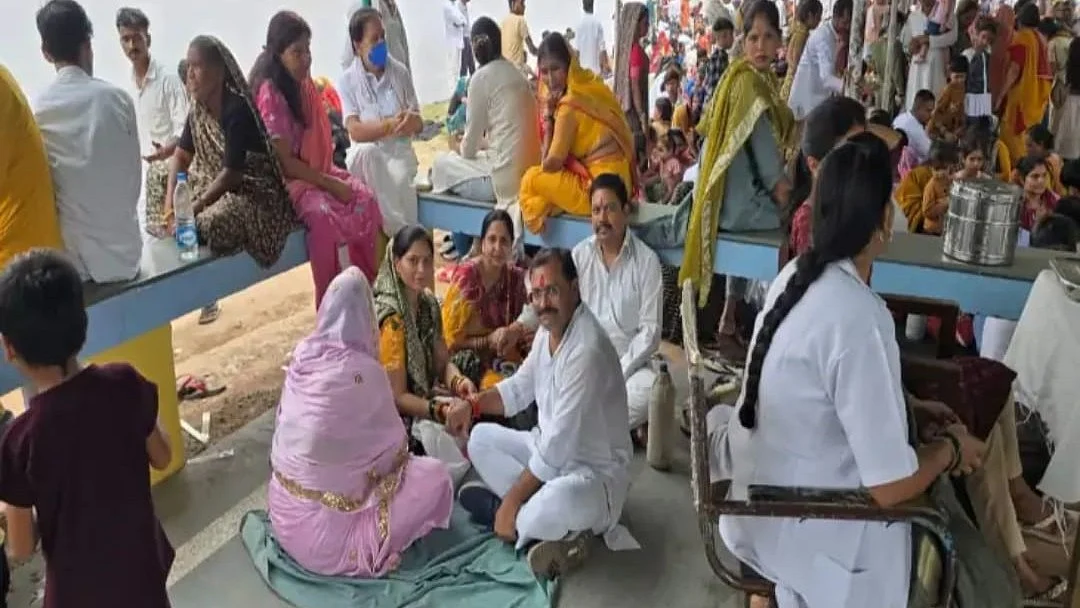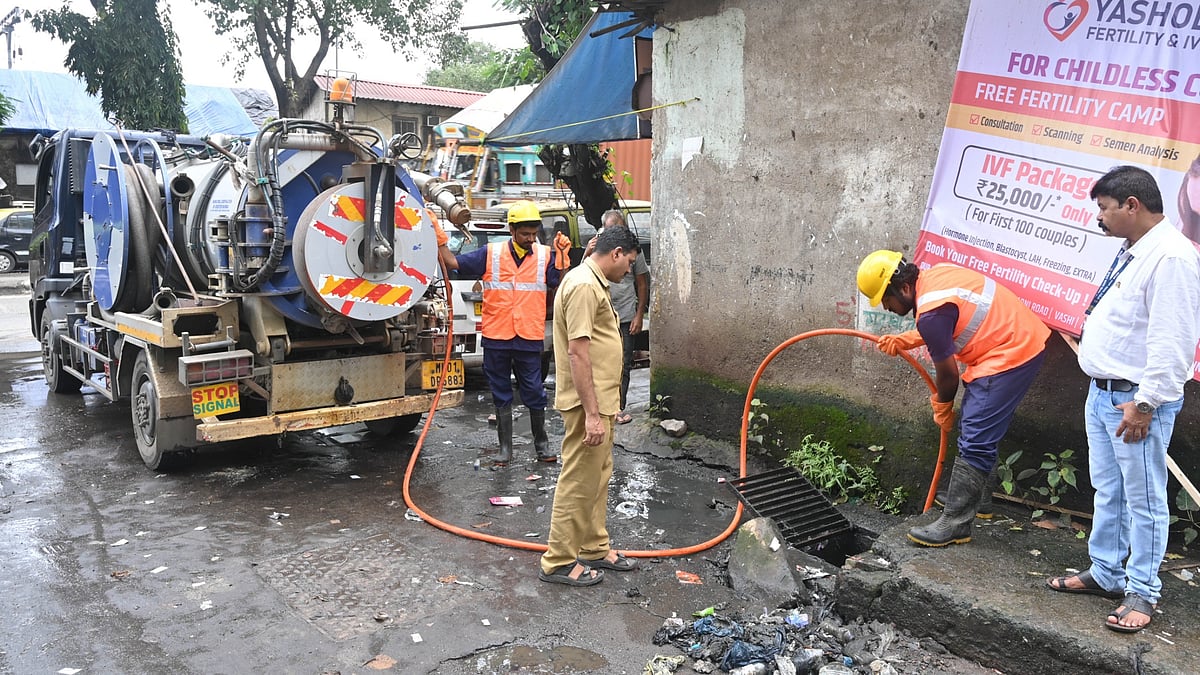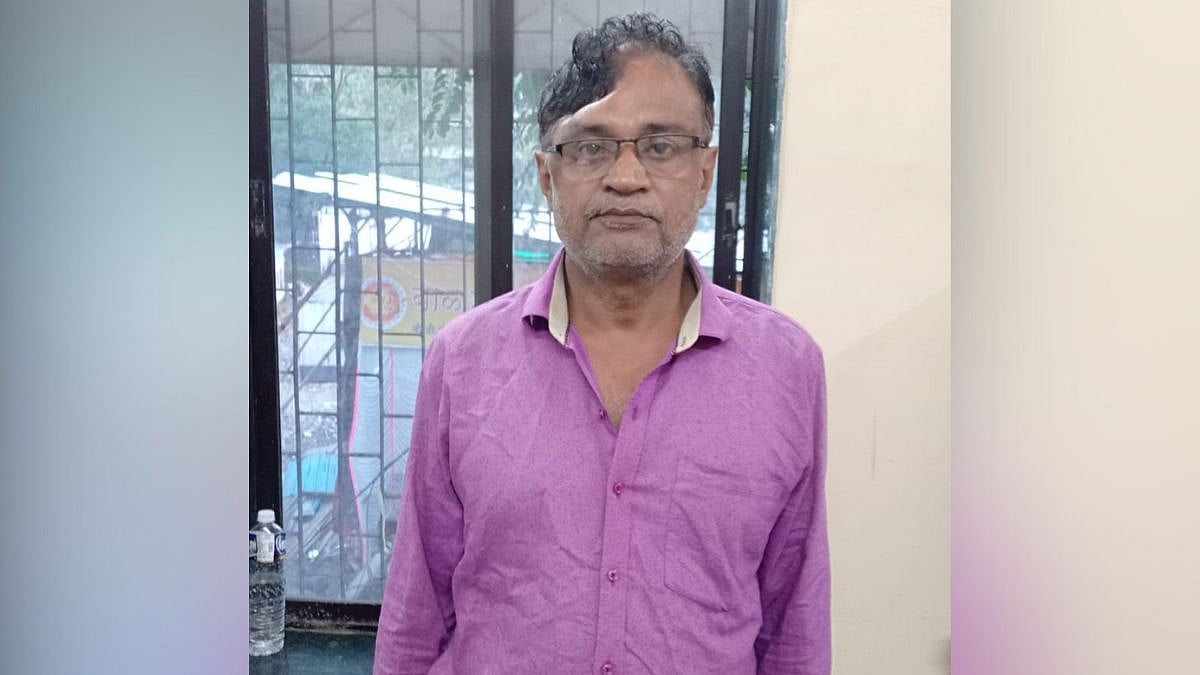Bhopal (Madhya Pradesh): At present the provisions related to cybercrime is not included in Police Regulations. Process to entirely change the Madhya Pradesh Police Regulations has begun and the PHQ officials had taken cue from two states - Rajasthan and Puducherry.
Cybercrime, investigation, forensic lab and other related subjects to cybercrime may be included in the regulation. Similarly, police welfare may also get space in the regulation.
At present there is no provision of ‘police welfare’ in the regulation. If the state works for the welfare of the people, why police personnel remain aloof from it.
The provisions of disaster management will also be added in the regulation. The police are facing challenges of natural and man-made calamities.
The SDERF section may be added to give more strength to the force. The three acts - Bharatiya Nyaya Sanhita (BNS), 2023, Bharatiya Nagarik Suraksha Sanhita (BNSS), 2023 and Bharatiya Sakshya Adhiniyam (BSA), 2023, which had replaced the IPC will also be included in the regulation.

The Regulation
According to sources, the regulation came into effect since 1959 after the formation of the state in 1956. The last amendment in the regulation was done in the year 2023, but DGP Kailash Makwana has asked officials to revive the regulation according to the necessities of the new era.
Letters have been sent to 26 branches of police headquarters and suggestions have been invited to include in the regulation. In the letter, the provisions made by the two states (Rajasthan and Puducherry) had also been added for reference. The departments or sections had been asked to give their suggestions according to the need of the state.
Committee to examine suggestions
AIG Manokamna Prasad told Free Press that after compiling of reports, they will be presented in front of the committee. The DGP will form the committee in which SDGPs, ADGs and law officers may be appointed to evaluate the recommendations and suggestions given by the branches.
After getting approval from the committee, proposal for amendments will be sent to the state government. It will be presented in the cabinet and the latter will approve it.










